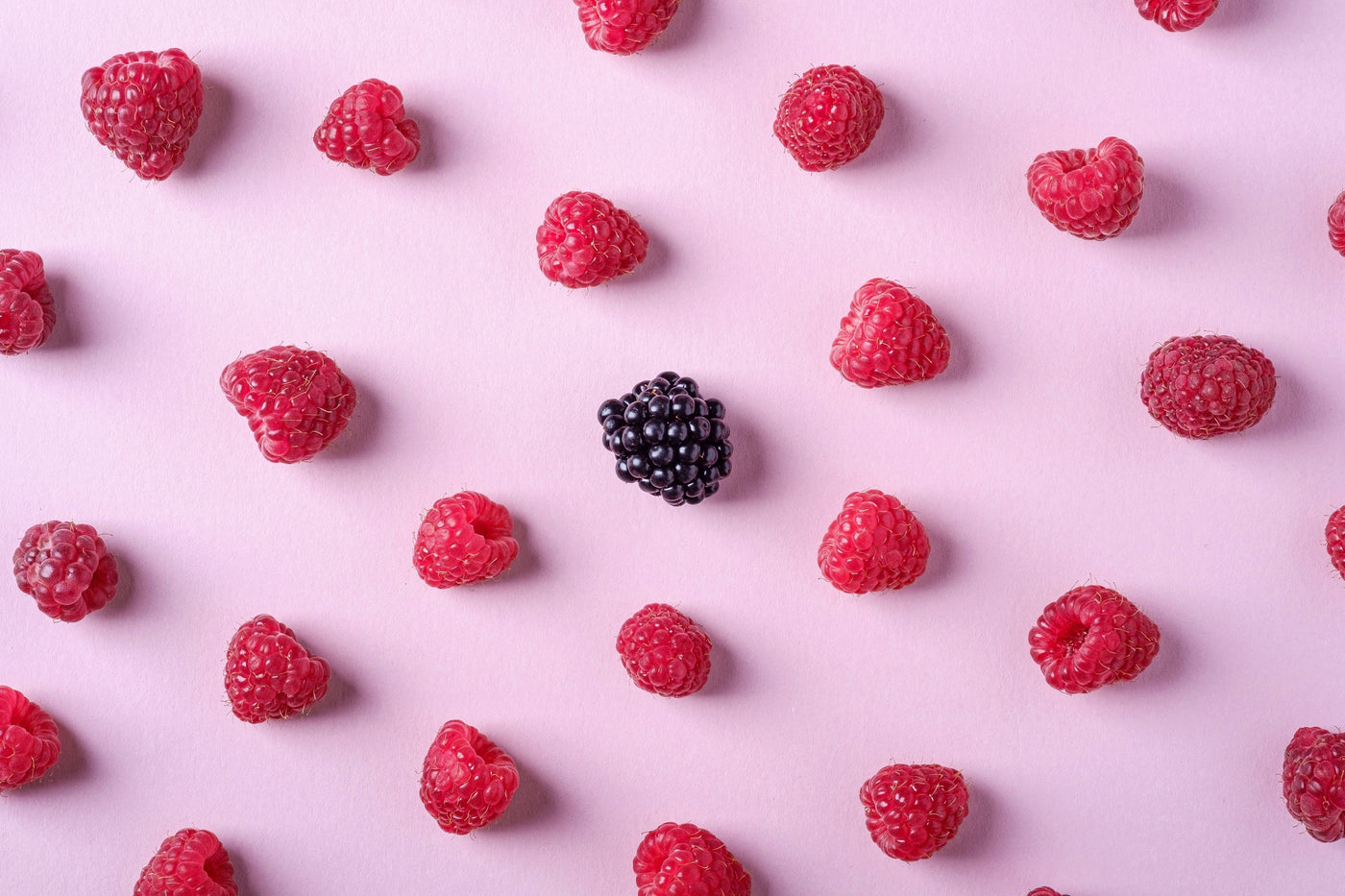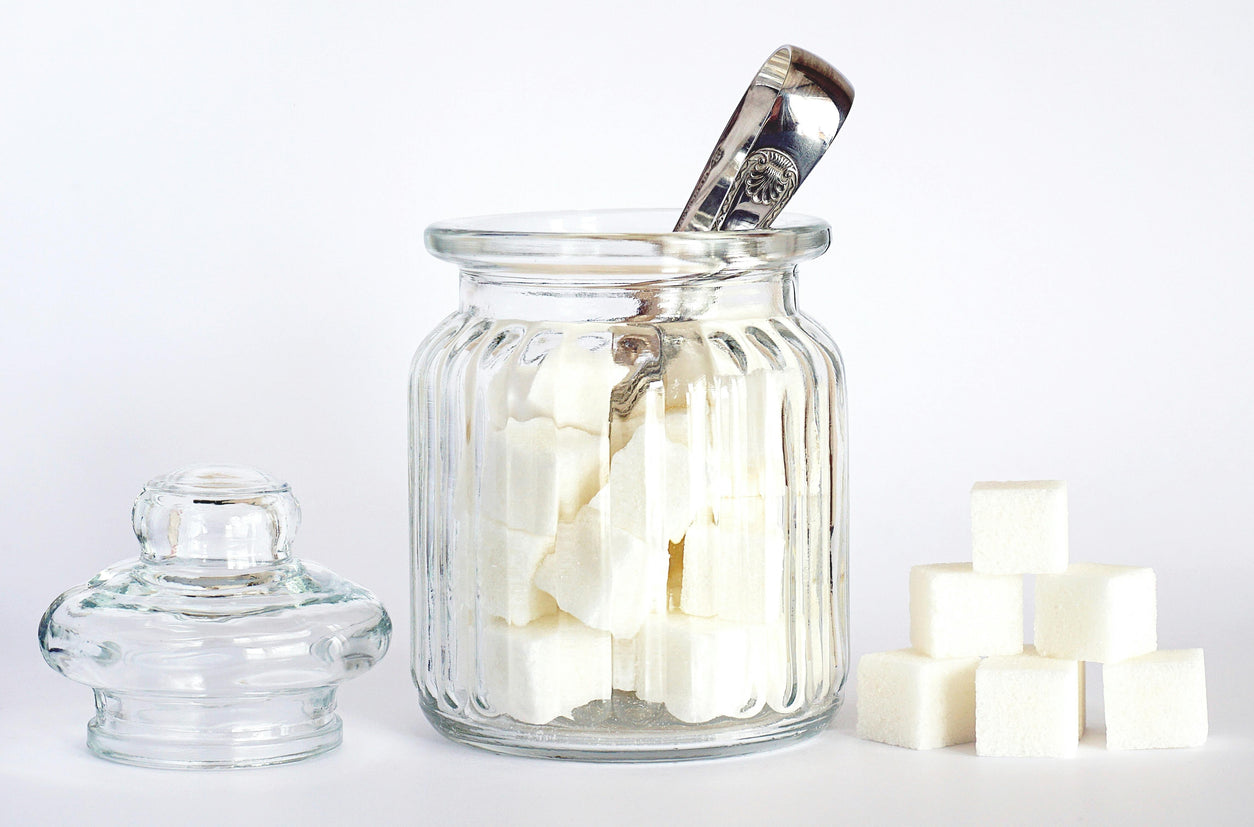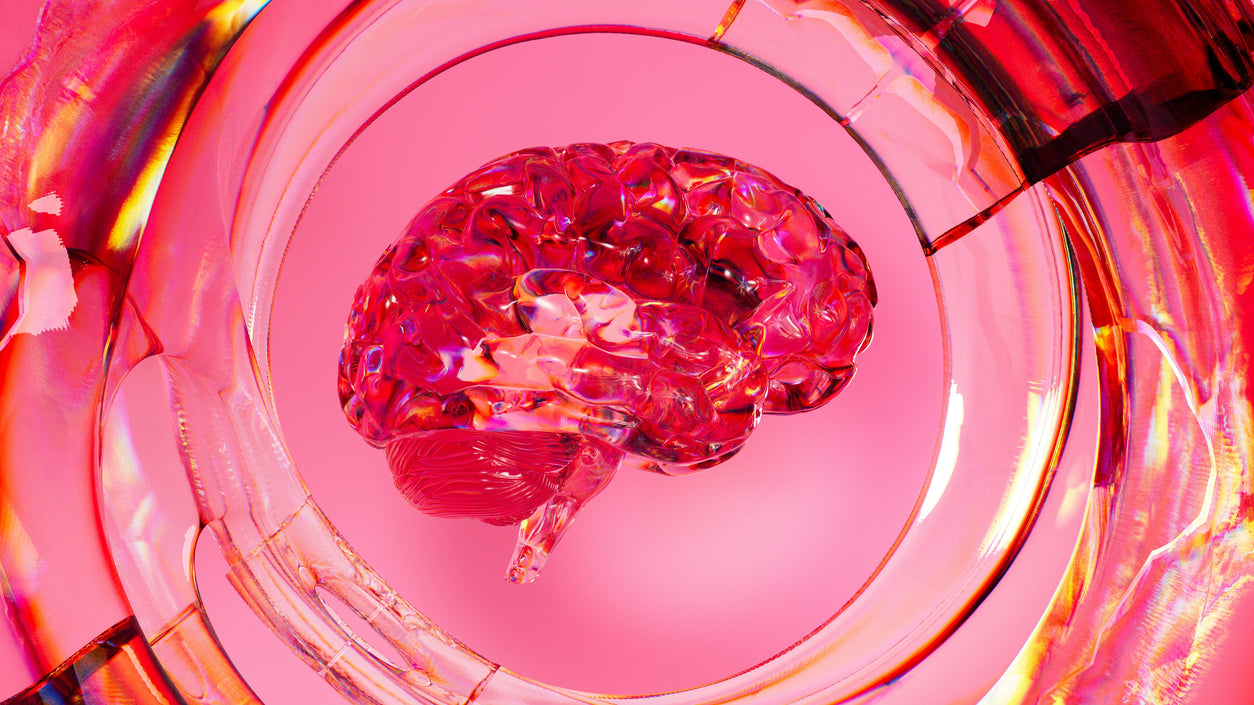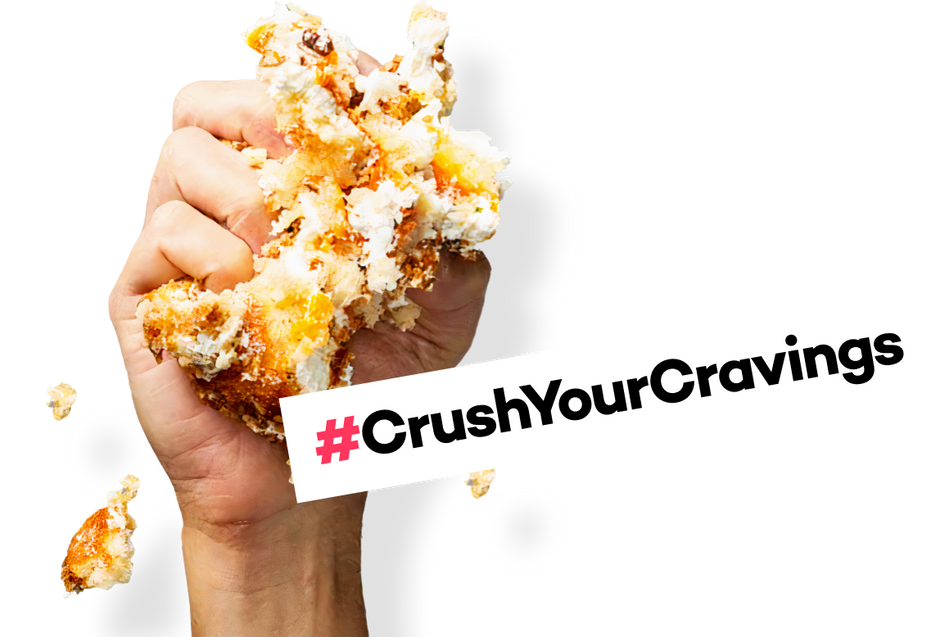Anxiety can become a daily reality for many of us at stages of our lives. That feeling of dread that plagues you throughout the day, either a constant companion or an unexpected guest.
There are many types of anxiety disorders and, like other mental health conditions, many different ways you may experience it.
But when anxiety becomes particularly relentless, and even getting out of bed in the morning triggers a fear of the unknown (or known), it usually signals it’s time for change.
One change that could make all the difference? Diet.
Specifically, sugar.
Have you ever experienced a rollercoaster of emotions after a little too much sugar? Maybe you become more moody as your sugar rush wears off, or you’re more on edge and anxious after indulging.
The question is: can too much sugar contribute to anxiety? Research suggests yes.
In this article, we’ll explore the science of sugar and anxiety, exploring the whys and hows, latest research and factors that can influence your susceptibility to its effects. And, of course, we’ll share practical strategies for cutting back on sugar to support your mental well-being.
The Effects of Sugar on the Body
Let’s start by getting to know the different types of sugar. In the modern-day diet, it’s practically everywhere in one of its many forms including added sugars, natural sugars, simple sugars, and complex sugars.
While natural sugars, typically found in fruits and vegetables, offer essential nutrients, added sugars, particularly those found in processed foods and beverages, can have serious consequences for our health.
How the Body Processes Sugar
When we consume sugar, it triggers a complex metabolic process involving insulin. Insulin transports glucose - the main form of sugar once in the bloodstream - into our cells for energy.
As our blood sugar levels rise, the pancreas releases insulin. But if we continuously overconsume sugar, our cells can become less responsive to insulin. This is called insulin resistance and can lead to elevated blood sugar levels.
Fluctuations in blood sugar levels can disrupt our neurotransmitters, the brain chemicals that regulate mood and emotions. That’s why when our blood sugar spikes, we can feel anxious, restless or even experience panic attacks, and when it rapidly drops (after consumption), we can experience irritability, fatigue and difficulty concentrating.
The Science Behind Sugar and Anxiety
Several scientific studies have identified a relationship between higher intake of added sugars and increased rates of depression and anxiety disorders.
However, research is still early and while there’s a correlation, this doesn’t necessarily imply causation - there may be other factors that contribute.
There have been mixed clinical trials investigating the effects of reducing sugar intake on anxiety symptoms, with many showing that a reduction can lead to improved mood and anxiety symptoms. More research is still needed.
Meta-analyses, which combine the results of multiple studies, have also provided further evidence for the sugar-anxiety connection. These analyses have generally found a consistent link between higher sugar intake and an increased risk of anxiety disorders.
While the science of sugar and anxiety is still relatively early, several theories have already emerged and are being explored:
Imbalanced Brain Chemicals
As we mentioned, one theory suggests that sugar can influence our neurotransmitters, particularly serotonin and dopamine.
Serotonin is often called our “happiness” hormone and regulates our mood, memory and digestion.
Dopamine plays a role in pleasure, reward and motivation. It’s the main reason why we enjoy sugary treats so much and why we get cravings.
With these two brain chemicals out of balance, it’s easy to see how our mood and anxiety could be impacted.
Inflammation Can Add to Anxiety
Research has also suggested that chronic inflammation, often brought on by excessive sugar consumption, has been linked to various mental health conditions, including anxiety.
When the body is in a state of chronic inflammation, it can release inflammatory markers that can affect brain function and contribute to anxiety symptoms.
The Gut-Brain Axis and Gut Microbiota
The gut-brain axis allows the brain to communicate with the digestive system and vice versa.
It also plays a crucial role in regulating mood, stress response and immune function with the gut microbiota, a vast community of microorganisms found in the digestive tract.
Research suggests that imbalances in the gut microbiota (including disruptions caused by excessive sugar consumption), known as gut dysbiosis, can contribute to anxiety and other mental health disorders.
For example, high levels of sugar can promote the growth of harmful bacteria while reducing the abundance of beneficial bacteria. This imbalance can lead to inflammation, increased permeability of the gut lining, and altered neurotransmitter production, all of which can contribute to anxiety.
How Individual Factors Can Mean Varying Experiences
Every human brain and body is unique and will respond in its own way. While the research suggests a potential link between sugar consumption and anxiety, that may not be your experience.
There are a few factors that may (or may not) influence just how much or how little you’re affected by your sugar habits.
- Genetics: Some people are simply more susceptible to anxiety disorders or the effects of sugar based on genetics. For example, you may have a genetic predisposition to metabolise sugar differently from those in the previously mentioned clinical trials.
- Lifestyle: High stress levels, lack of sleep, and excessive caffeine intake can all amplify the effects of sugar on mood and overall well-being. Plus, if you have any underlying health conditions like diabetes or thyroid disorders you may also be more susceptible to the negative effects of sugar on anxiety.
- Diet: A healthy diet (and, by extension, a healthy gut microbiome) rich in fruits, vegetables, whole grains, and lean protein can help mitigate the negative effects of sugar and promote high-functioning mood regulation.
- Psychological Factors: Existing mental health conditions or disorders can play a part in how you respond to sugar, but conversely, so can any learned coping mechanisms and stress management techniques.
Practical Strategies for Reducing Your Sugar Intake
If you think your sugar habits could be adding to your anxiety, here are a few ways you can start cutting back.
- Read food labels carefully: Pay attention to the added sugar content in packaged foods. Look for products with minimal added sugars or opt for those that contain naturally occurring sugars like fruit.
- Choose whole foods: Prioritise whole, unprocessed foods that are naturally low in sugar, such as fruits, vegetables, whole grains, and lean proteins. These foods provide essential nutrients and fibre, which can help stabilise blood sugar levels.
- Limit sugary drinks: Fizzy drinks, sweetened juices, sports drinks, and sweetened tea are major contributors to excessive sugar intake because of how easy it is to keep drinking all day. Instead, opt for water, unsweetened tea, or sparkling water with a splash of fruit for a natural flavour.
- Be mindful of hidden sugars: Many processed foods, including sauces, condiments, and baked goods, contain hidden sugars. Read labels carefully and be aware of common sources of added sugar, such as high-fructose corn syrup, sucrose, and maltose.
- Make healthy swaps: If you crave sweet treats, explore healthier alternatives that are low in sugar or sweetened with naturally occuring sugars. Consider options like fresh fruit, Greek yoghurt with honey, or dark chocolate. Many of these are dopamine foods that can boost your mood.
- Practice mindful eating: Pay attention to your hunger and fullness cues. Avoid eating when you're not truly hungry, and stop eating when you're satisfied. This can help prevent overeating and reduce cravings for sugary foods.
Even if you implement all of these strategies, quitting your sugar habit can be tough, which is why we created Killa Vanilla. Our golden bullet uses a natural vanilla scent that mirrors the common note in sweet food and drinks, triggering the Cross-Modal Sensory Compensation Effect and satisfying sugar cravings.
With all these tools in your arsenal, you can gradually reduce your sugar intake and prioritise your mental well-being. Remember, habit change takes time, so show yourself compassion and celebrate your wins!
Final Thoughts
While more studies are needed to fully understand the connection, evidence points towards excessive sugar intake contributing to anxiety symptoms.
By reducing your sugar intake and adopting a healthier diet, you stand the best chance of improving your mental health and reducing your anxiety.
And if you need an ally in your mission to break your sugar habit, Killa Vanilla is exactly that. The first step towards a healthier, happier you is within reach. So, why not start today?









